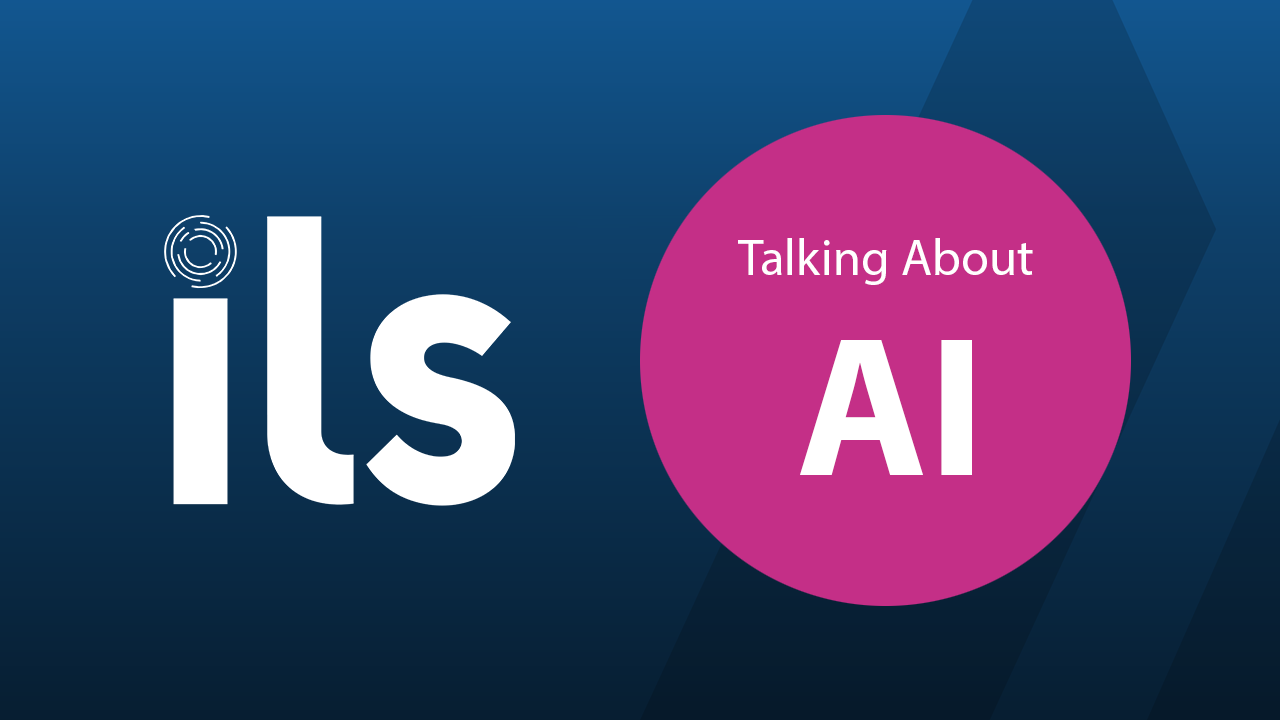Generative AI, particularly Large Language Models (LLMs) like ChatGPT, has emerged as a game-changer in the legal profession, particularly in discovery workflow. This article aims to provide a basic overview of the strengths and weaknesses of Generative AI and its potential to revolutionize the discovery process for smart legal professionals.
Summarizing Large Volumes of Documents
One of the key strengths of Generative AI is its ability to quickly analyze and summarize large volumes of documents, including transcripts, with remarkable speed and precision. This is made possible through advanced RAG (Retrieval Augmented Generation) architecture, which allows users to search multiple transcripts and obtain answers to specific questions about witness testimony. The integration of GPT into the discovery workflow marks a significant advancement for the legal profession, offering the potential to dramatically improve the efficiency and accuracy of critical tasks such as document review, analysis, and transcript review.
Furthermore, Generative AI can analyze groups of documents, providing concise summaries shorter than the original documents, thus allowing for the submission of more document summaries for analysis. Research also suggests that the quality of the LLM’s response is better when the text submitted is more narrowly focused, highlighting the potential for increased efficiency in the discovery process.
In addition to document analysis, Generative AI can be a game-changer for reviewing and summarizing deposition and hearing transcripts. With an advanced RAG system, LLMs can summarize transcript testimony and answer questions across dozens of transcripts in seconds. This represents a significant shift in the traditional approach to dealing with transcript testimony, which often involves time-consuming manual summarization by legal professionals.
Limitations of Generative AI
It is important to note that while Generative AI offers unprecedented speed and efficiency in document analysis and summarization, it has limitations. The architectural limits of Generative AI, such as the context window and the need for narrowly focused text submissions, are important considerations for legal professionals utilizing this technology.
Ultimately, the promise of Generative AI in the legal profession is not just to make existing processes more efficient but to redefine the contours of legal work in ways that are only beginning to be understood. By leveraging the capabilities of Generative AI, legal teams can devote more attention to developing trial and settlement strategies, exercising judgment, and providing clients with sound legal advice.
Generative AI is a Paradigm Shift
Integrating Generative AI tools like GPT signals a paradigm shift in approaching discovery work. While there are challenges and limitations, the potential for Generative AI to revolutionize the discovery workflow for smart legal professionals is undeniable. As the legal profession stands at the threshold of a new era in technology, the adoption of Generative AI can reshape the future of legal work.
![]()
Learn More
If you would like to learn more about how to apply generative AI for document review, please feel free to contact us at sales@ilsteam.com.
About ILS
ILS is the nation’s preeminent Plaintiff-only eDiscovery provider with expertise in leveraging AI for eDiscovery.
We specialize in leveling the playing field for the Plaintiffs’ bar by providing high-quality discovery services to help clients win their cases. Our clients know that they are sharing their vital case strategies with like-minded professionals who are committed and passionate about getting justice for Plaintiffs.
We have worked on many of the country’s largest and most noteworthy litigations over the past decade, including Takata Airbags, Roundup, Social Media Victims, 3M Combat Earplugs, JUUL Vaping, Actos/Bladder Cancer, VW Diesel Emissions, Alex Jones – Sandy Hook, Opioids, and Philips CPAP, among many others.
ILS supports multiple leading platforms including Reveal, Everlaw, Merlin, Relativity, iConect, and Nebula.
Learn more at www.ilsteam.com.


